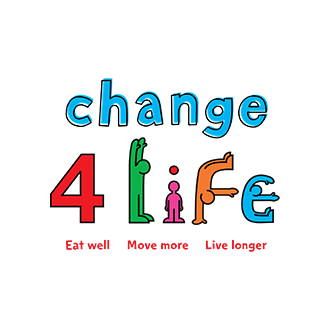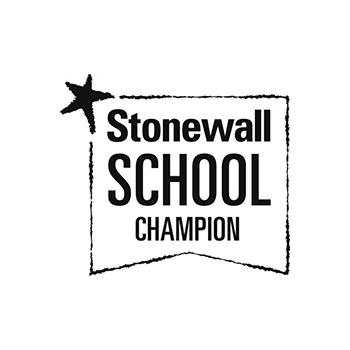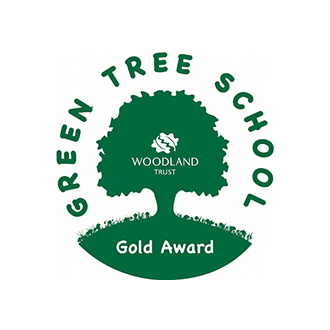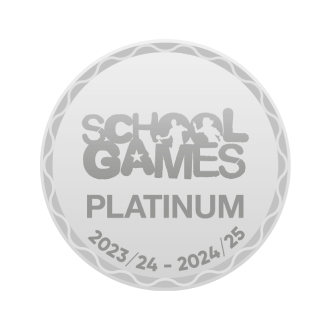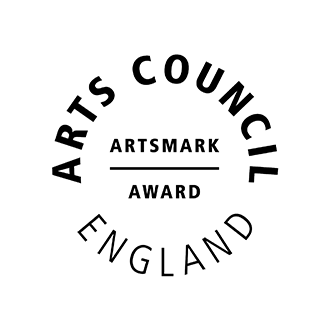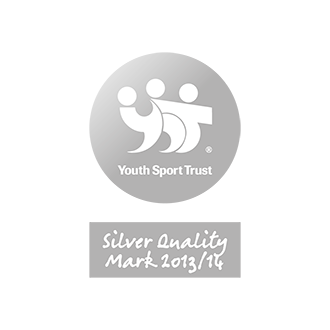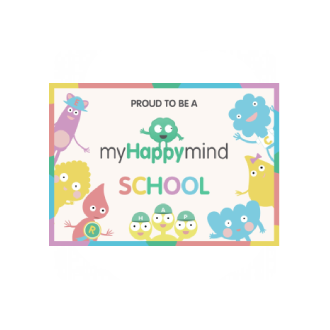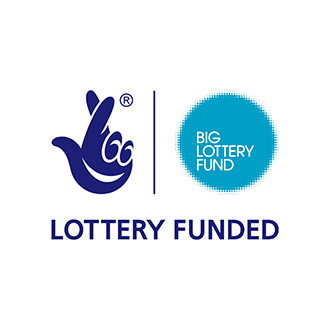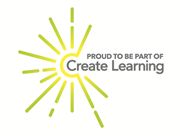Computing
 Statement of Intent
Statement of Intent
At Little Leigh Primary School, we aim to prepare our learners for their future by giving them the opportunities to gain knowledge and develop skills that will equip them for an ever changing digital world. We want all our pupils to be competent in the key areas of computing and ICT and able to apply their knowledge and understanding safely in real-life and ever changing situations. Knowledge and understanding of ICT is of increasing importance for our children’s future both at home and for employment. Our Computing Curriculum focuses on a progression of skills in digital literacy, computer science, information technology and online safety to ensure that children become competent in safely using, as well as understanding, technology. In computer science we will teach the principles of information and computation, how digital systems work and how to put this knowledge to use through programming information. In addition, we aim to ensure our children are equipped to use information technology to create programs, systems and a range of content. Computing also ensures that our pupils become digitally literate – able to explore, use, and express themselves and develop their ideas through, information and communication technology – at a level suitable for the future workplace and as active participants in a digital world.
Statement of Implementation
At Little Leigh Primary School, we follow a governement initative called The National Centre for Computing Education (NCCE). The National Centre for Computing Education is funded by the Department for Education and marks a significant investment in improving the provision of computing education in England. The goal of the NCCE is to transform the way computing is taught in schools across the country – and enable more young people to benefit from studying this important subject. Through this, their skills and career opportunities will be enhanced int he future.
Below is the curriculum journey our computing will follow from Year 1 to Year 6. The framework uses an innovative progression to allow to children to build on their prior learning ltear on year. Each year group will have a unit of work linked to each of the following areas:
- Computing systems and networks
- Data and information
- Creating media
- Programming (A and B).
Please see below a summary of the intended curriculum for Years 1 to 6:
Whilst we recognise that high-quality teaching remains the number one priority, we also recognise the importance of preserving the breadth of the curriculum while protecting its core, so our children get a rich experience which will help them develop their own identity and grow into informed, active citizens, with a sense of understanding about computing.
In order to retain this breadth, we support schools and colleges to provide an appropriate range of computing activities and experience for young people, working in collaboration with our partners, and to help teachers to support this through in-curriculum and other extra-curricular activities.Click on the writing in bold to find out more!
Below is a little bit more information about the four main sets of resources and expertise we use to help deliver the very best curriculum at LIttle Leigh:
Barefoot empowers primary school teachers to deliver the computing curriculum brilliantly, with free workshops, helpful online guides and engaging lesson plans and resources. Barefoot makes computing easy to teach and fun to learn, with or without a computer.
Code Club supports a global community of volunteers, educators, and partners to run free coding clubs for 9 to 13 year olds. Its free, step-by-step coding projects offer young people lots of opportunities to be creative and share their creations with each other.
STEM Clubs are out-of-timetable sessions that enrich and broaden the curriculum, giving young people the chance to explore subjects like science, technology, engineering, maths and computing in less formal settings. These are delivered locally and also through the online National STEM Club.
STEM Ambassadors deliver life-changing impact for young people - aspirations raised, careers illuminated and learning supported. Subjects including computing are brought to life by over 30,000 relatable STEM professionals across the UK free of charge - face-to-face or virtually - in classrooms and communities.
Statement of Impact
We encourage our children to enjoy and value the curriculum we deliver. We will constantly ask the WHY behind their learning and not just the HOW. We want learners to discuss, reflect and appreciate the impact computing has on their learning, development and well being. Finding the right balance with technology is key to an effective education and a healthy life-style. We feel the way we implement computing helps children realise the need for the right balance and one they can continue to build on in their next stage of education and beyond. We encourage regular discussions between staff and pupils to best embed and understand this. The way pupils showcase, share, celebrate and publish their work will best show the impact of our curriculum. We also look for evidence through reviewing pupil’s knowledge and skills digitally through tools like Tapestry (Rec), Seesaw (Year 1 and 2), Twitter (Years 3-6) and observing earning regularly. Progress of our computing curriculum is demonstrated through outcomes and the record of coverage in the process of achieving these outcomes Using Teach Computing through the DfE also has a range of summative assessments for use in KS2.
By the end of the curriculum, the...
- Children develop essential skills including folder structures, formatting, Email, printing and the use of cloud computing.
- Children will be better able to work across all subjects through skills learned in ICT for example, Internet searching skills.
- Children develop understanding that will make better and safer use of Smartphones and technology in general.
- Children will understand the basics of computers and how they work.
- Children able to extend their vocabulary using ICT related terminology.
- Children will have an improved knowledge of career options that relate to ICT.
- Children will learn how ICT can be useful in any career option.
For further information, contact Jo Proctor jproctor@littleleighprimary.cheshire.sch.uk





